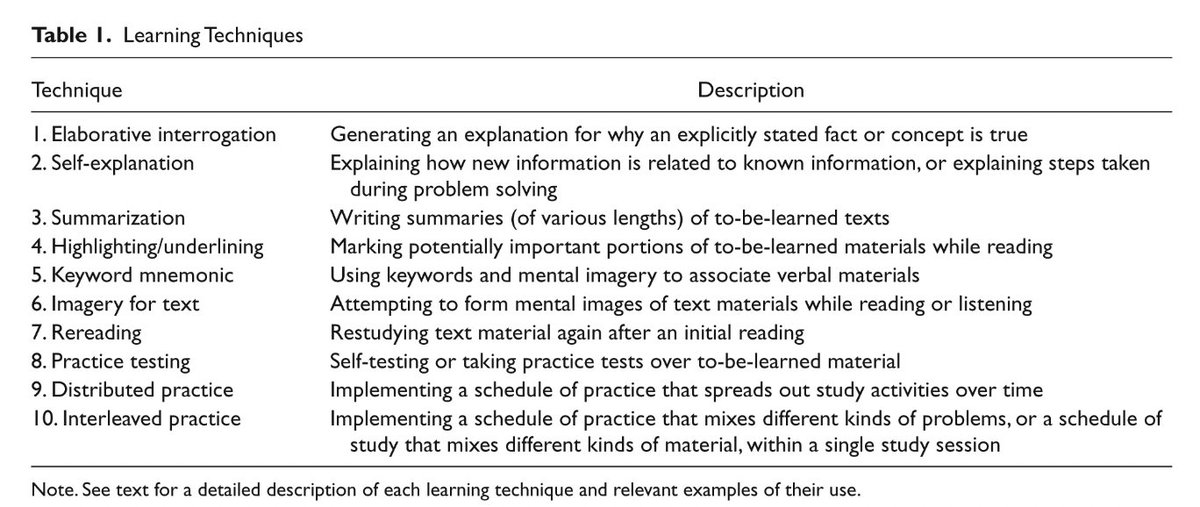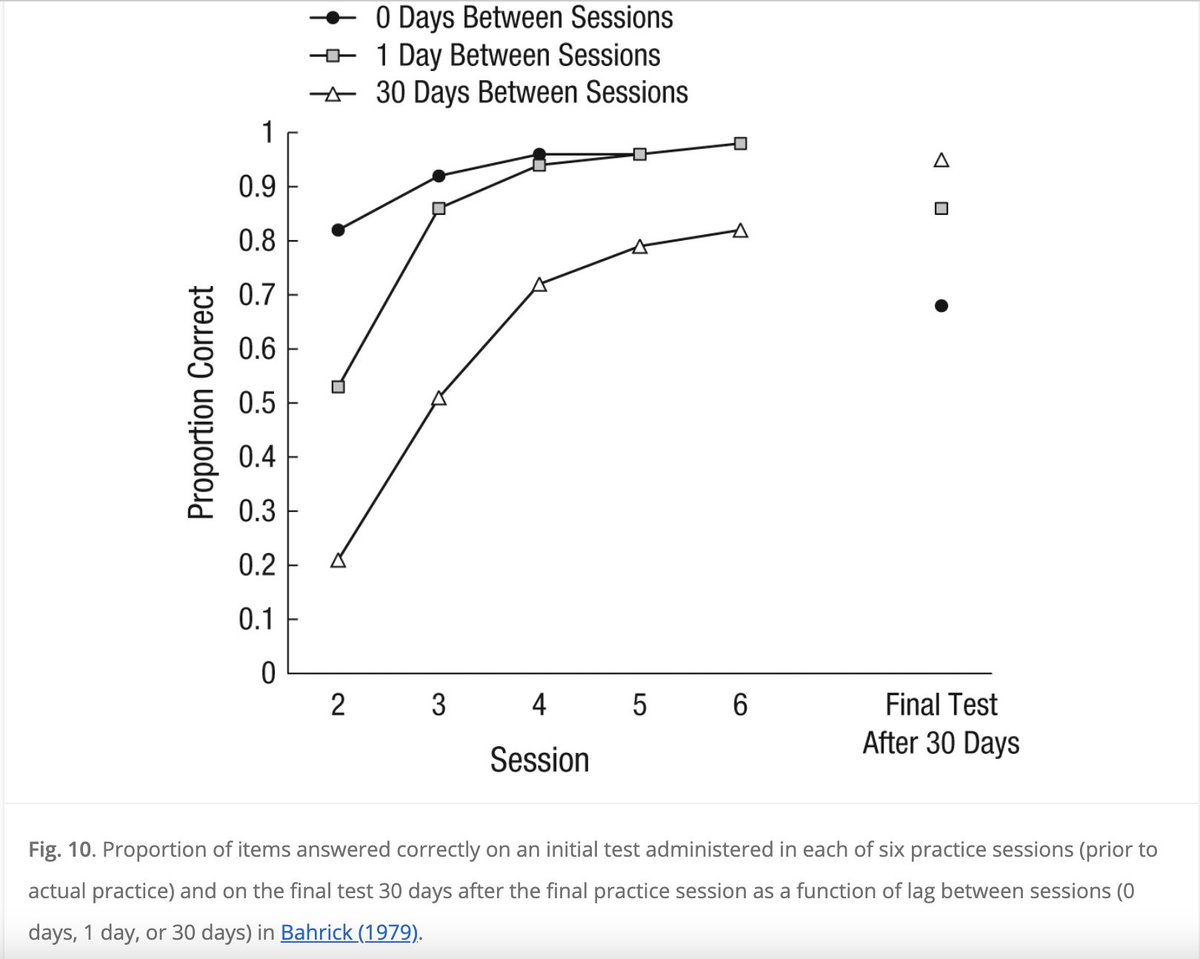I've read with interest the proposal by @SickKidsNews to conduct simulations about the #covid19 back to school experience. I think this is an excellent concept which wrote about about a while ago.
Here's the link to the study
safeschoolcovid19.ca
https://twitter.com/petrosoniak/status/1274921711922798593
Here's the link to the study
safeschoolcovid19.ca
Many people have noted concerns about the validity of the study given it will be conducted in private schools (appropriate criticism) though probably worth knowing whether they tried to study in public schools and whether any road blocks.
https://twitter.com/jdeq/status/1292802348310581249
I'm curious to hear more from the study investigators about what looks like the primary outcome of the study... which seems to be related to glow in the dark liquid transmission through out the class. This appears to overemphasize surface transmission rather than person to person
The opportunities to understand behavior within a classroom using simulation are endless. Using simulation based data might be valuable evidence for how small (<15) vs large (>20) cohorts of students interact.
I can envision evaluating design & behavioral practices (e.g. "handwashing time", a brief play time with masks with young children or placement of handwashing stations throughout a class). This data seems more impt than transmission of a liquid simulating contact transmission.
The use of #simulation to find small but meaningful gains through sequential interventions is key to tackling a wicked problem. I look forward to the study findings but hope that behavior based findings are what receive most attention
cc: @BogochIsaac @ASPphysician @DocDominik
cc: @BogochIsaac @ASPphysician @DocDominik
• • •
Missing some Tweet in this thread? You can try to
force a refresh









